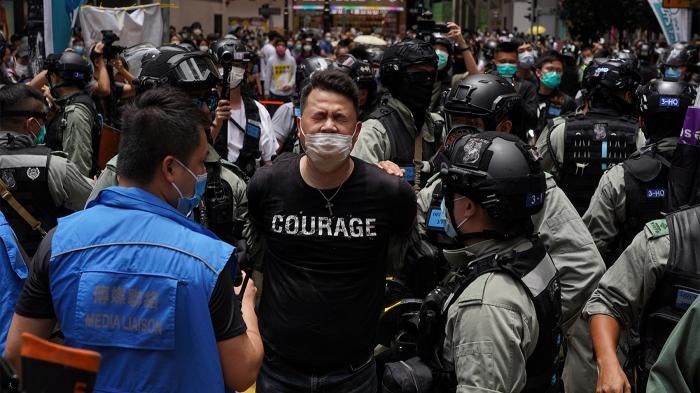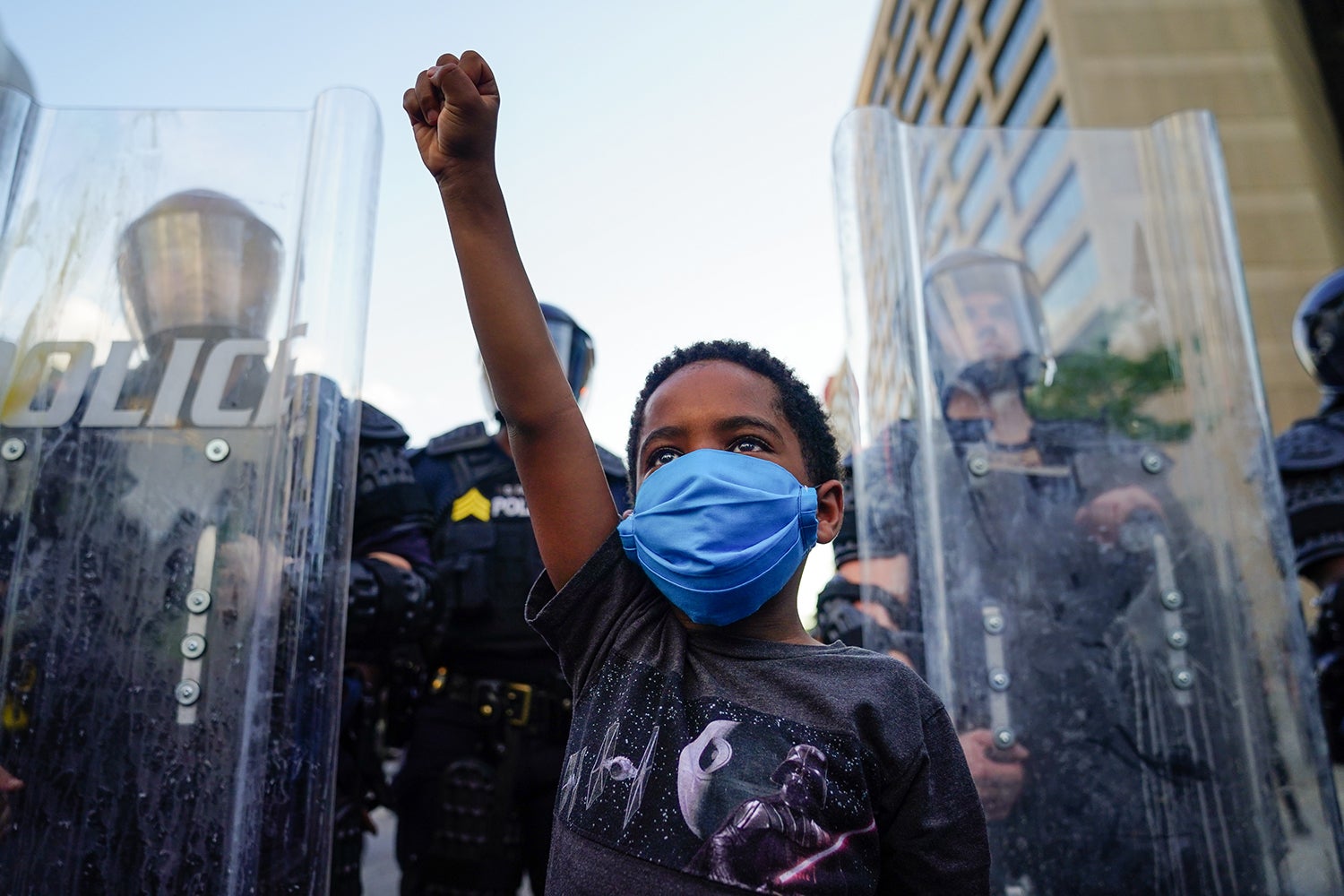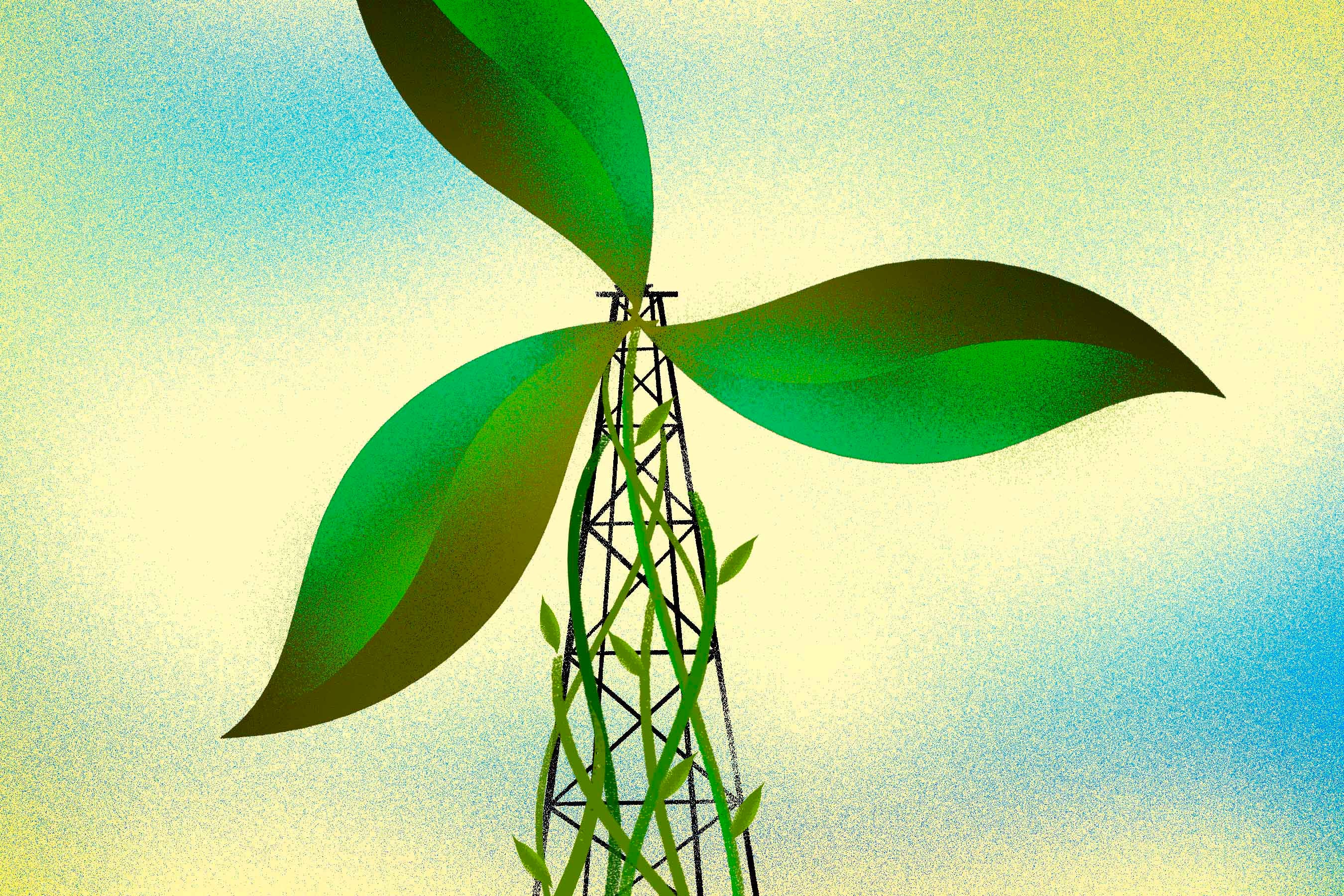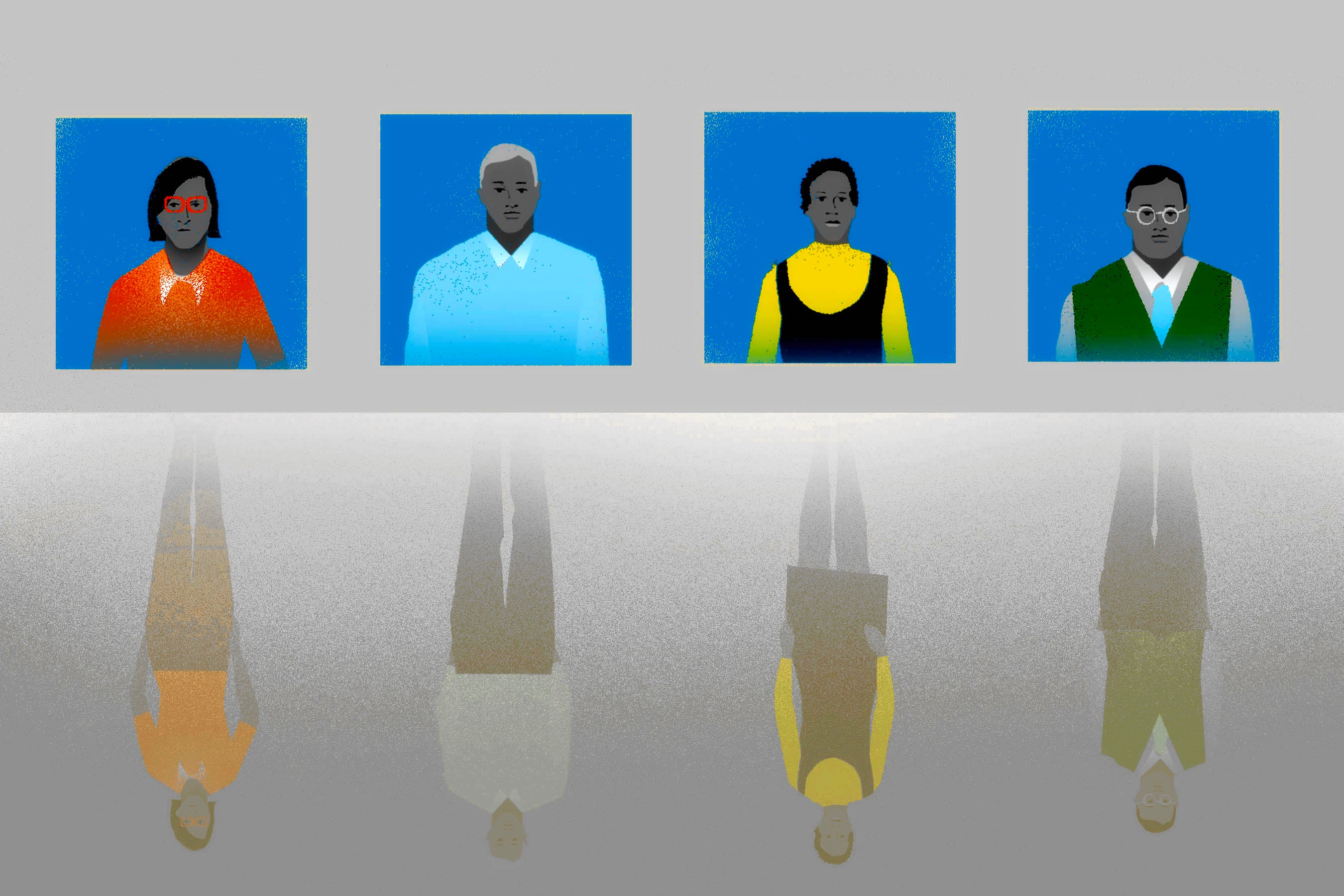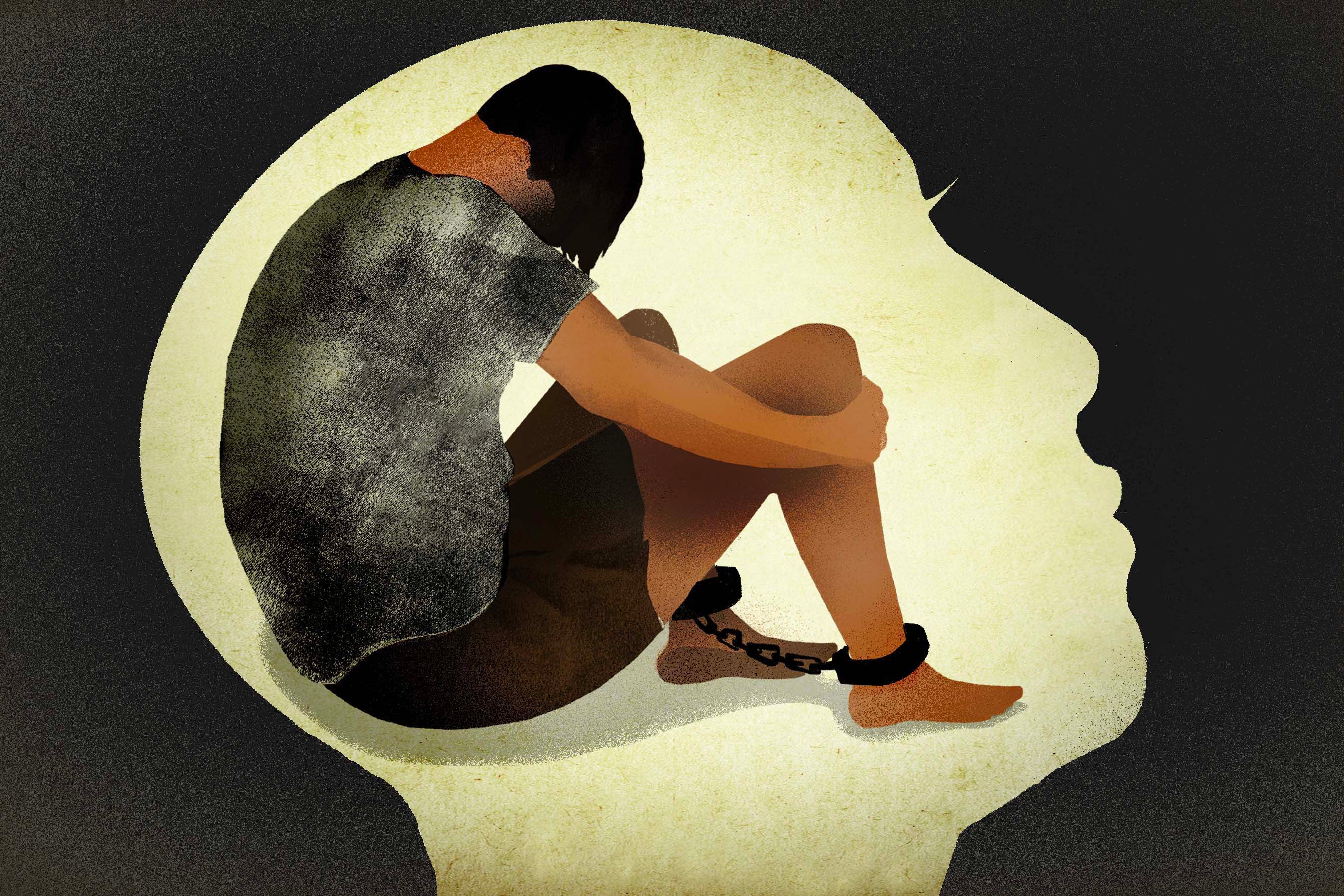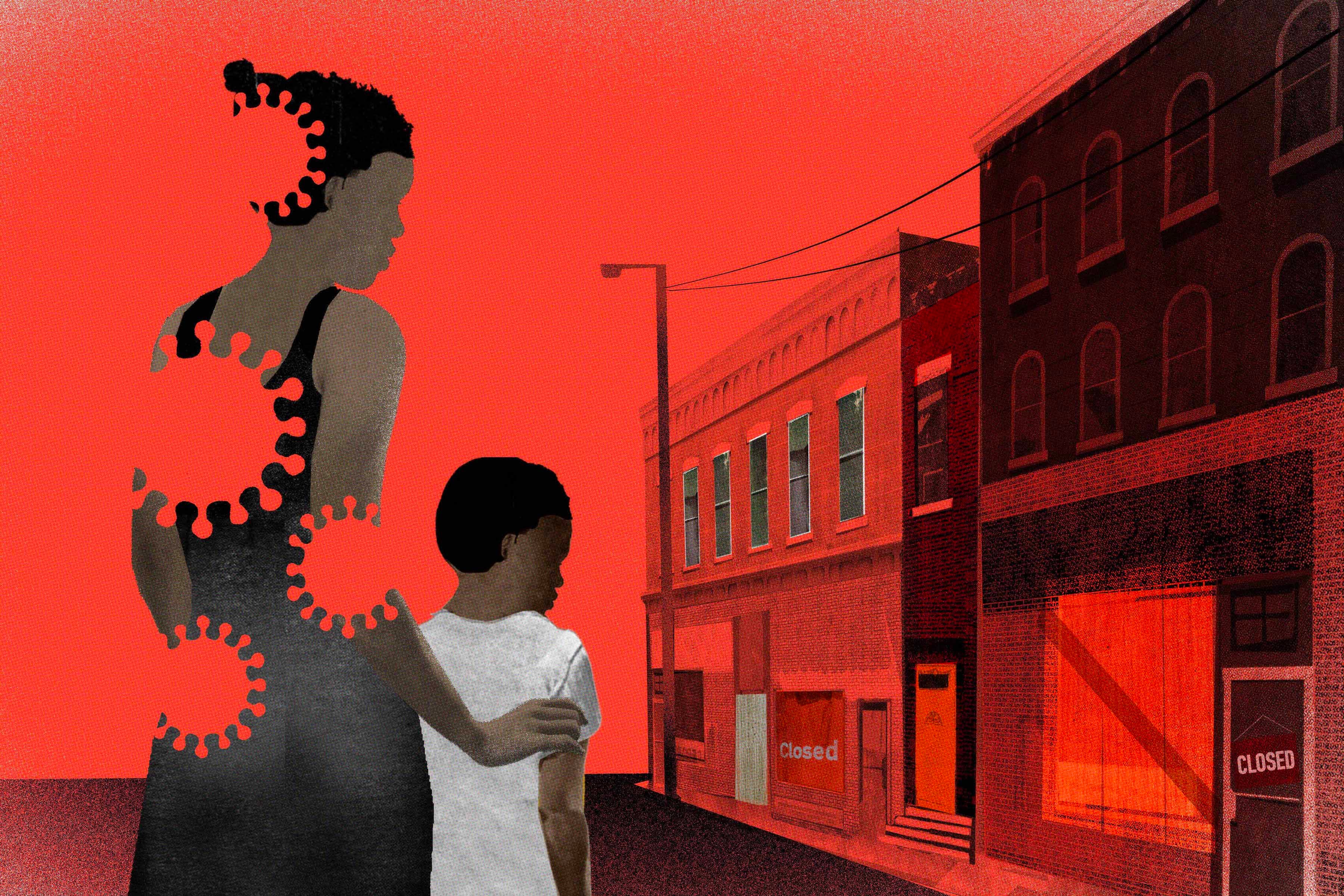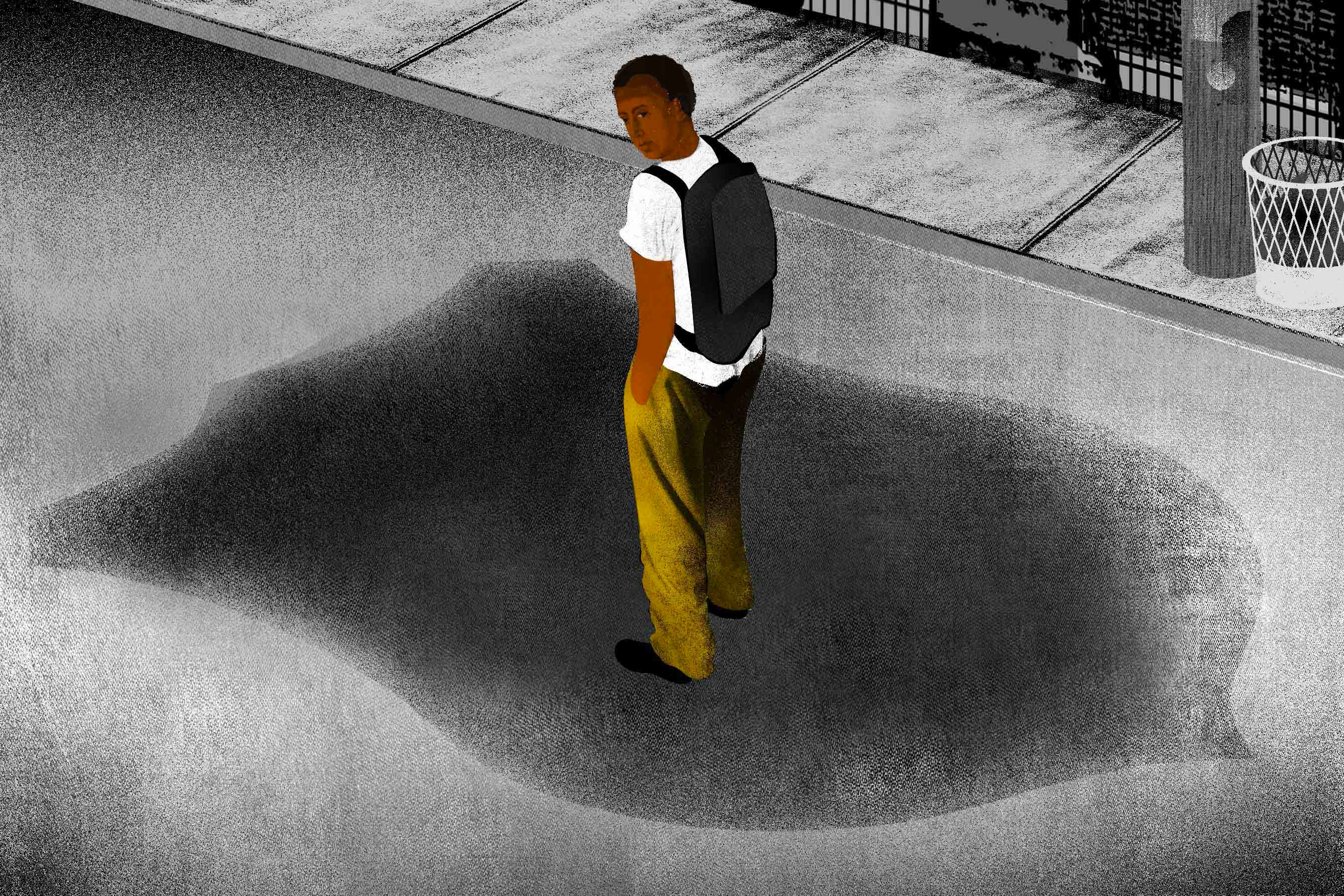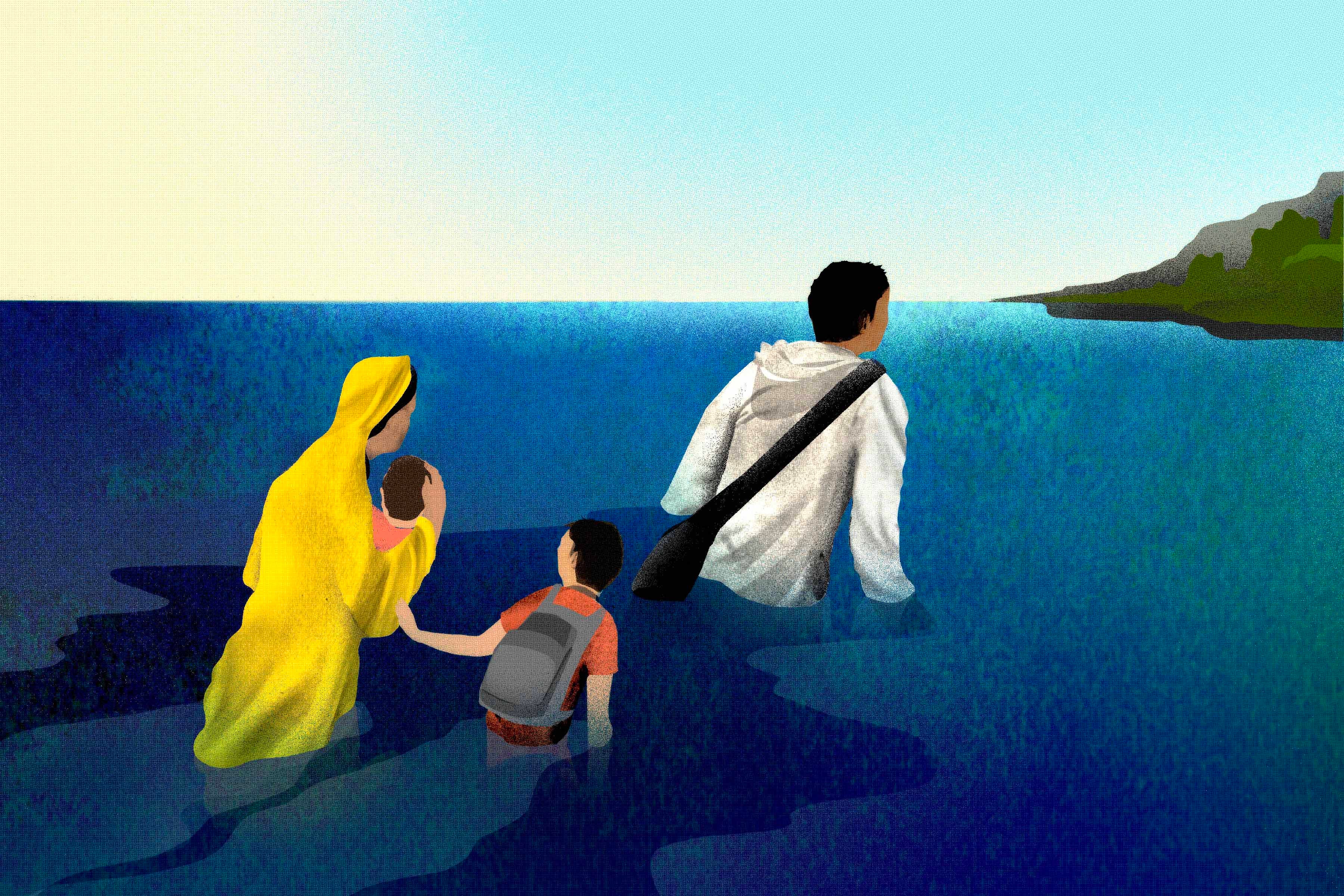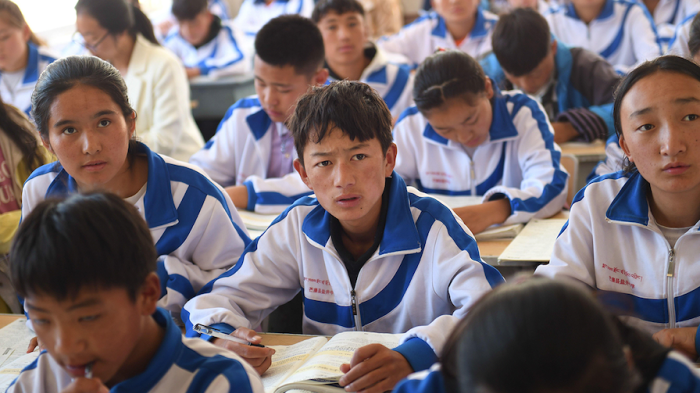The Chinese government’s authoritarianism was on full display in 2020 as it grappled with the deadly coronavirus outbreak first reported in Wuhan province. Authorities initially covered up news about the virus, then adopted harsh quarantine measures in Wuhan and other parts of China. The government has rejected international calls for independent, unfettered investigations into Chinese authorities’ handling of the outbreak, and surveilled and harassed families of those who died of the virus.
Beijing’s repression—insisting on political loyalty to the Chinese Communist Party—deepened across the country. In Hong Kong, following six months of large-scale protests in 2019, the Chinese government imposed a draconian “National Security Law” on June 30—its most aggressive assault on Hong Kong people’s freedoms since the transfer of sovereignty in 1997. In Xinjiang, Turkic Muslims continue to be arbitrarily detained on the basis of their identity, while others are subjected to forced labor, mass surveillance, and political indoctrination. In Inner Mongolia, protests broke out in September when education authorities decided to replace Mongolian with Mandarin Chinese in a number of classes in the region’s schools.
Chinese authorities’ silencing of human rights defenders, journalists, and activists, and restrictions on the internet, also make it difficult to obtain accurate information about Chinese government policies and actions.
Despite these threats some prominent individuals publicly criticized President Xi Jinping. Entrepreneur Ren Zhiqiang wrote an essay calling Xi “a clown who desires power,” while former Central Party school teacher Cai Xia called the Chinese Communist Party a “political zombie.” Ren received an extraordinarily lengthy prison sentence—18 years—in September; Cai fled into exile.
Governments, civil society groups, and United Nations officials expressed growing concern over the Chinese government’s human rights violations in 2020. In April, reports of Africans in China being targeted for Covid-19 testing led to complaints by African governments and civil society. In July, the US government sanctioned top Chinese officials responsible for Xinjiang abuses. In June, an unprecedented group of 50 UN Special Procedure mandate-holders issued a joint statement on China, calling for “renewed attention on the human rights situation in the country” as a matter of urgency, including through a special session of the UN Human Rights Council on China, and the creation of an international mechanism to address rights violations in the country.
Hong Kong
One million Hong Kong people marked the new year by marching peacefully for democracy, but in January 2020, the Chinese government replaced its top Hong Kong official with Luo Huining, who had no experience in Hong Kong but was known as a Communist Party enforcer.
In April, Beijing’s representatives in Hong Kong threatened pro-democracy legislators with “serious consequences” over their delay in selecting a new chairperson for an internal committee in the semi-democratic Legislative Council (LegCo), again interfering with the territory’s autonomy. The representatives then “reinterpreted” Hong Kong’s constitution, the Basic Law, stating that they were not bound by the law’s limitations on their powers. In May, with the help of dozens of security guards, pro-Beijing legislators removed at least 10 pro-democracy legislators from the LegCo internal committee through a dubious process. The leader of the pro-Beijing legislators, Starry Lee, asserted that she was now chair and had the power to oversee the proceedings. Lee’s power grab gave mainland authorities greater control over LegCo, which in June passed a bill criminalizing “disrespect” of the Chinese national anthem.
Throughout the year, Hong Kong police arrested pro-democracy figures for peaceful activities. In February, Hong Kong police arrested pro-democracy media tycoon Jimmy Lai, and former lawmakers Lee Cheuk-yan and Yeung Sum, for their participation in the 2019 protests. In April, Hong Kong police arrested 15 prominent pro-democracy leaders, including 81-year-old barrister Martin Lee, for “organizing and participating in unlawful assemblies” during the 2019 protests.
On June 30, the Chinese government bypassed LegCo and imposed a new National Security Law (NSL) on Hong Kong. The law creates specialized secret security agencies, denies people fair trial rights, provides sweeping new powers to the police, increases restraints on civil society and the media, and weakens judicial oversight. Shortly before the law’s enactment, a number of pro-democracy groups, including Demosisto, disbanded.
Hong Kong’s education chief banned the protest anthem “Glory to Hong Kong” from schools. Public libraries pulled books by pro-democracy figures. Authorities deemed illegal the 2019 protest slogan, “Liberate Hong Kong, the revolution of our times.”
Police used the NSL to arrest those who shouted or held placards with the slogan at protests, and against organizers of the pro-democracy movement. In late July, four associated with the political group Studentlocalism were arrested for NSL violations. In August, police raided the office of pro-democracy newspaper Apple Daily, arrested its owner Jimmy Lai, his two sons, and four executives for “collusion with foreign forces” and conspiracy to commit fraud. Two other democracy activists were also arrested.
In July, Hong Kong election authorities disqualified a dozen pro-democracy figures from the legislative election slated for September. That month, the Hong Kong government “postponed” the elections for a year, citing a rise in Covid-19 cases.
Also in July, the Hong Kong University governing council—dominated by members from outside the university and chaired by a pro-Beijing politician—sacked Professor Benny Tai, a leading figure in Hong Kong’s pro-democracy movement.
Following the enactment of the NSL, some activists fled. A group of 12 protesters were intercepted by mainland authorities when attempting to reach Taiwan by sea. At time of writing they remained detained in China without access to lawyers.
No police officers alleged to have used excessive force during the 2019 protests have been held accountable. In some cases, the police obstructed efforts to press for accountability. In March, police arrested a pro-democracy official, Cheng Lai-king, for revealing on social media the identity of the officer who shot and blinded a journalist who covered the protests.
Press freedom continued to deteriorate. During a protest in May, police forced journalists to kneel down and pepper sprayed them. In June, public broadcaster Radio Television Hong Kong (RTHK) suspended its popular political satirical show, the Headliner, following political pressure. In July and August, New York Times journalist Chris Buckley and incoming Hong Kong Free Press editor Aaron Mc Nicholas were denied visas to work in the city.
Xinjiang
The Chinese government’s efforts to erase the unique identity of Uyghurs and other Turkic Muslims in the region persisted. In January, a CNN investigation examining satellite imagery concluded that over 100 traditional Uyghur cemeteries had been destroyed.
In August, another satellite imagery study by Buzzfeed revealed that Xinjiang authorities had built over 260 “massive” detention structures since 2017, providing more evidence to support earlier findings by rights groups and journalists that Chinese authorities are arbitrarily detaining Turkic Muslims en masse.
While the Chinese government appears to have shut down some political education camps and “released” detainees following global outrage, an untold number of Turkic Muslims remain in detention and imprisoned solely on the basis of their identities. A significant number of Uyghur diaspora continue to have no information concerning the whereabouts of their family members, more than five years after the launch of the government’s “Strike Hard” campaign.
Some “released” Uyghur detainees are forced to work in factories and fields inside and outside Xinjiang under what the authorities describe as “poverty alleviation” efforts. In February, an Australian think tank revealed a list of 82 global brands that sourced from factories in China that used workers from Xinjiang under conditions that “strongly suggest” forced labor.
In July, a US-based mobile security firm, Lookout, reported that Chinese government-linked groups had used malicious hardware to hack into Uyghurs’ phones inside and outside China on a large scale since 2013.
Tibet
Authorities in Tibetan areas continue to severely restrict religious freedom, speech, movement, and assembly, and fail to redress popular concerns about mining and land grabs by local officials, which often involve intimidation and unlawful use of force by security forces.
Authorities’ 13th Five-Year Plan for Tibet (2015-2020), which set ambitious state goals for rural transformation, includes the relocation of several hundred thousand more people. Official claims of “poverty alleviation” prompted fears of further marginalization and dispossession of Tibet’s rural majority.
In May, regulations for the promotion of “Nationality Unity Model Areas” came into force, representing a new milestone for the coercive assimilationist policies of the current leadership. These policies encourage economic migration from other parts of China and phasing out Tibetan-medium instruction in primary schools. Intensified surveillance and intimidation in neighborhoods, workplaces, and homes has prevented public protest, a goal emphasized repeatedly by leading officials.
At the 7th Forum on Tibet Work in August 2020, President Xi personally called for increasing political education in schools to ensure the loyalty of the next generation, signaling central support for these policies.
In the Ngawa Tibetan region of Sichuan in November 2019, Yonten became the 156th Tibetan to set himself on fire in protest against the Chinese government since March 2009.
Covid-19
The Chinese government’s response to the coronavirus outbreak was initially delayed by withholding information from the public, under-reporting cases of infection, downplaying the severity of the infection, and dismissing the likelihood of transmission between humans. Authorities also detained people for “rumor-mongering,” censored online discussions of the outbreak, and curbed media reporting.
In areas under lockdown, particularly in Wuhan in early 2020 and in Xinjiang in August, authorities failed to ensure appropriate access to medical care, food, and other necessities. In Xinjiang, authorities forced some residents to take traditional Chinese medicine, sealed their apartment doors with iron bars, and chained those who violated lockdown measures to metal posts.
Authorities detained lawyer and citizen journalist Chen Qiushi, businessman Fang Bin, activist Zhang Zhan, and others for their independent reporting on the outbreak in Wuhan. In April, Beijing police detained Chen Mei and Cai Wei for archiving censored news articles, interviews, and personal accounts related to the outbreak.
In April, authorities in Guangzhou, home to China’s largest African community, forcibly tested Africans for the coronavirus, and ordered them to self-isolate or to quarantine in designated hotels. Landlords evicted African residents, forcing many to sleep on the street, and hotels, shops, and restaurants refused to serve African customers.
Authorities across the country blocked family members of those who died of the virus from bringing allegations of negligence against the government, hospitals, and quarantine hotels.
Nationwide, more than 241 million pre-school to secondary school students were impacted by school closures, according to UN estimates. Pre-existing inequalities in education were reflected in students’ lack of access to affordable internet and capable devices.
Beijing initially resisted a call for international investigation into the origin of the virus, punishing Australia, who initiated the call, by suspending a significant portion of beef imports from the country. After over 120 countries supported a resolution at the World Health Organization (WHO) supporting an independent investigation, Beijing allowed a WHO team to visit the country, but the experts’ August visit did not include Wuhan.
Human Rights Defenders
Authorities continued to crack down on a once-growing community of human right defenders, and increasingly targeted family members of activists.
In December 2019, police across the country detained several participants at a gathering in Xiamen, Fujian province, where attendees had discussed human rights and China’s political future. While others were later released, human rights lawyer Ding Jiaxi remained in detention on charge of “inciting subversion.” In the same month, a Sichuan court sentenced Wang Yi, a Christian pastor, to nine years in prison for “inciting subversion.”
In February, authorities in Guangzhou apprehended prominent and previously imprisoned legal activist Xu Zhiyong, accusing him of “subversion.” Police also placed Xu’s girlfriend, Li Qiaochu, under secret detention for four months.
In March, Yunnan authorities forcibly disappeared artist and activist Wang Zang. Three months later, his wife, Wang Liqin, was also disappeared after calling for her husband’s release on Twitter, leaving their four small children without their parents. The couple were later charged with “inciting subversion.”
In April, after being wrongfully imprisoned for four-and-a-half years, human rights lawyer Wang Quanzhang was released from prison. Despite having tested negative repeatedly for Covid-19, authorities made him quarantine in his hometown before allowing him to return to Beijing and reunite—under guard— with his family.
In June, a court in Jiangsu province sentenced Yu Wensheng, a human rights lawyer detained since January 2018, to four years in prison after convicting him of “inciting subversion.”
In September, Beijing police detained publisher and producer Geng Xiaonan and her husband, Qin Zhen, on suspicion of “illegal business operations.” Geng is a long-time supporter of independent scholars and activists, and earlier spoke up publicly for her friend Xu Zhangrun, a prominent law professor who was detained for six days in July for publishing articles critical of President Xi.
Freedom of Expression
Authorities detained and prosecuted numerous netizens for online posts and private chat messages critical of the government, charging them with crimes such as “spreading rumors,” “picking quarrels,” and “insulting the country’s leaders.” The government continued to crack down on Chinese users of Twitter, which is already blocked in China. It was revealed in January that a mainland student at the University of Minnesota was sentenced to six months in prison in November 2019 for tweets critical of President Xi he posted when he was in the US.
Authorities expanded their internet censorship regime to suppress content not in line with “core socialist values.” In March, the Cyberspace Administration implemented a set of new regulations to improve “online news eco-system governance.” Including banning a wide and ever-expanding range of “negative” or illegal content. In August, authorities shut down Bainu, the only Mongolian-language social media site in China after Mongolian speakers posted complaints on the site about a policy that replaced Mongolian with Mandarin Chinese as the language of instruction in some classes.
In March, a court in Ningbo sentenced Swedish bookseller Gui Minhai to 10 years for allegedly “providing intelligence” to foreigners. This came five years after Gui, a publisher of books about China’s political intrigues, was forcibly disappeared in Thailand in October 2015.
Freedom of Religion
The Chinese government’s efforts to “Sinicize” religion—which aim to ensure that the Chinese Communist Party is the arbiter of people’s spiritual life— continued in 2020.
Existing Chinese law already requires that people can only practice five officially recognized religions in officially approved premises, and that the authorities have control over their personnel appointments, publications, finances, and seminary applications. The Chinese government further tightened these restrictions on February 1, when it started to implement the new “Administrative Measures for Religious Groups.” The measures declare the supremacy of the Chinese Communist Party in religious affairs, require religious organizations to publicize the Party’s policies, put in the hands of officials the power to decide even the most minute of religious decisions, and prohibit religious groups from operating without authorization.
On April 2, Zhao Huaiguo, pastor of Bethel Church in Cili County, Hunan, was arrested for "inciting subversion.”
Muslims reported increasing restrictions on Islam. Authorities scrubbed Arabic script from mosques and halal restaurants, and altered the architectural style of mosques and landmarks to make them look more “Chinese” across the country.
In July, hackers originating from China were found to be spying on the Vatican’s computer networks. In October, the Vatican renewed a two-year unpublished agreement with the Chinese government that allows both parties a say in appointing bishops in China, despite heightened religious persecution in China.
Mass Surveillance
To combat Covid-19, Chinese tech giants developed an app known as the Health Code. Using unknown algorithms, the app generates one of three colors (green, yellow, or red) depending on a range of factors such as whether people have been to virus-hit areas. That color has a wide-ranging impact on people’s lives, including their freedom of movement, as local authorities throughout the country require people to show their app when they move around.
In May, Canadian research group Citizen Lab found that Chinese social media service WeChat was monitoring the content of users outside China.
Apps, products, and tools developed by Chinese tech companies raise the threat of Chinese government interference and surveillance, leading some foreign governments to impose broad restrictions that themselves raise human rights concerns. The Indian government banned TikTok, WeChat, and other Chinese apps in June; the US government launched a vaguely worded “Clean Network” initiative to significantly curtail the use and sale of Chinese technology products and services in the United States, such as by removing major Chinese apps from US app stores.
Women’s and Girls’ Rights
According to women’s rights activists, domestic violence cases surged in cities and towns under coronavirus lockdowns.
In June, the National People’s Congress, China’s rubberstamp parliament, introduced a civil code that, for the first time, defines sexual harassment and states that perpetrators can be held liable, though it is vague on what recourse is available to victims. The law also makes it harder to divorce by establishing a mandatory “cooling-off period” of 30 days for couples who apply for divorce-through-agreement. This provision will disproportionately harm women, as three-quarters of divorces are initiated by women, including potentially endangering women experiencing domestic violence.
Women’s rights activists continued to face harassment from authorities. In March, authorities in Inner Mongolia forced Ye Haiyan—an activist who has advocated for the rights of sex workers and victims of sexual harassment—to demolish the yurts she and her partner had built as rentals for travelers, cutting off a main source of their income.
In September, feminists and netizens were disappointed when a high-profile #MeToo lawsuit ended with the top prosecutor clearing Bao Yuming, a lawyer and former executive at Chinese tech company ZTE, of charges of child rape by a woman who claimed to be his adopted daughter.
Sexual Orientation and Gender Identity
While China decriminalized homosexuality in 1997, it lacks laws protecting people from discrimination on the basis of sexual orientation or gender identity, and same-sex partnerships are not legal.
In January, a court in Beijing ruled that it was illegal for an e-commerce company to fire a woman when she took a leave of absence for gender-affirming surgery.
In June, a Zhejiang court accepted a case brought by a lesbian suing for custody and visitation rights of the children she had with her former partner whom she had married in the United States.
In August, organizers of the Shanghai Pride, one of China's largest LGBT festivals, announced that they would cancel all activities and events indefinitely, citing the need to “protect the safety of all involved.”
Disability Rights
China ratified the Convention on the Rights of Persons with Disabilities in 2008. However, persons with disabilities continue to face discrimination in areas including education and employment.
Only five students were able to access the Braille version of China's university entrance exam, an exam taken by more than 10 million students in July.
Authorities across the country continued to harass and prosecute families with children who developed disabilities after receiving faulty vaccines. In January, authorities released He Fangmei, an activist for vaccine safety detained in March 2019.
In September, a Hunan court secretly tried Cheng Yuan, Liu Dazhi, and Wu Gejianxiong, staff members of the anti-discrimination and disability rights group Changsha Funeng, on “subversion” charges.
Refugees and Asylum Seekers
China continued to detain and forcibly return hundreds, and perhaps thousands, of North Korean refugees, thus violating its obligations as a party to the 1951 Refugee Convention. The government refused to consider fleeing North Koreans as refugees, even though those returned have long been persecuted. Human Rights Watch considers North Koreans in China as refugees sur place, meaning their arrival in China put them at risk if returned.
Key International Actors
An increasing number of governments expressed public concern about China’s human rights violations in 2020, particularly in Hong Kong and Xinjiang, though relatively few took concrete action.
The US imposed some targeted sanctions on Chinese officials, agencies, and companies involved in abuses in those two regions, and the US Congress passed several new laws on a range of human rights concerns. The UK spearheaded a joint statement on China’s rights violations at the Human Rights Council in June, and moved to offer safe haven to Hong Kongers with UK ties. Australia, Canada, New Zealand, the UK, and the US moved swiftly to suspend extradition treaties with Hong Kong and some to ease access for Hong Kong people to those countries in response to the National Security Law.
The European Union continued to condemn China’s deteriorating human rights record, both bilaterally—including at the highest levels—and in international fora. However, despite sustained pressure from the European Parliament and civil society, divisions among EU member states have prevented the bloc from adopting robust measures such as targeted sanctions against the Chinese officials responsible for the crackdown. Few governments in Muslim majority countries expressed concerns about abuses in Xinjiang.
The number of countries willing to publicly condemn the Chinese government for its abuses in Xinjiang, Hong Kong, Tibet, and elsewhere continued to grow, while the number of countries willing to praise Beijing declined. In October, Germany delivered a joint statement condemning the Chinese government’s violations to the UN General Assembly’s Third Committee with the backing of 39 countries, and Turkey delivered a separate statement of concern. Similarly, over 400 civil society organizations called for an international mechanism to monitor human rights in China.
Another global coalition of 200 civil society groups launched a campaign to persuade companies at risk of complicity in Uyghur forced labor to leave Xinjiang. In September, apparel company H&M said it would cut ties with an allegedly complicit supplier with which it had an indirect relationship, while five firms announced they would no longer conduct audits in that region due to restrictions.
Other global firms enabled Chinese authorities’ repression. In June HSBC publicly expressed its support for the new Hong Kong National Security Law; in September Disney failed to respond to global outcry over its having cooperated with abusive authorities in Xinjiang during its filming of Mulan.
Universities outside China continued to struggle to protect academic freedom in the face of threats from pro-Chinese voices. The University of New South Wales in Australia took down an article pro-Beijing voices found objectionable and then reposted it, but failed to use the opportunity to robustly explain and defend academic freedom.
In October, China was elected to the UN Human Rights Council for a three-year term beginning in January 2021—with the fewest votes of any elected member.
Foreign Policy
The “Belt and Road Initiative” (BRI), announced in 2013, is China’s trillion-dollar infrastructure and investment program stretching across some 70 countries. Many BRI projects have been criticized for lack of transparency, disregard of community concerns, and potential environmental degradation. Civil society groups in Cambodia, Laos, Myanmar, and Thailand have alleged BRI-backed hydroelectric dams have negatively impacted the Mekong River and caused water shortages. China is by far the world’s largest emitter of greenhouse gases. It has done little to reduce its emissions that contribute significantly to global warming and climate change. It has continued to promote the development of heavily polluting coal both domestically and through BRI.
2020 marked rapid escalations in the Chinese government’s mistreatment of foreign journalists. Beijing in February expelled three Wall Street Journal journalists. In March, authorities expelled at least 13 US nationals and dismissed seven Chinese nationals who worked for US news organizations. In September, authorities delayed visa renewals for a number of journalists with US outlets. That same month, authorities barred two Australian reporters from two Australian news organizations from leaving the country, citing the need to question them about the case of Cheng Lei, an Australian news anchor for the Chinese state broadcaster CGTN who was detained in August for unspecified reasons. The two Australian journalists fled China after the ban was lifted following negotiations between the two countries.
The effect of Chinese government censorship continues to reach beyond China’s borders. In June, Zoom shut down a US-based Chinese dissident’s account after he held a Tiananmen Massacre memorial that was joined by China-based activists and families of victims of the 1989 massacre. Chinese tech company ByteDance, which owns TikTok, censored content it considered as critical of the Chinese government on its news aggregator app in Indonesia from 2018 to mid-2020, according to a Reuters report.
At the June session of the Human Rights Council, China secured the passage of its resolution on “mutually beneficial cooperation,” which ignores states’ responsibility to protect human rights and minimizes the role of civil society. Support diminished considerably from China’s previous “win-win” resolution, indicating diminishing enthusiasm for these initiatives.
